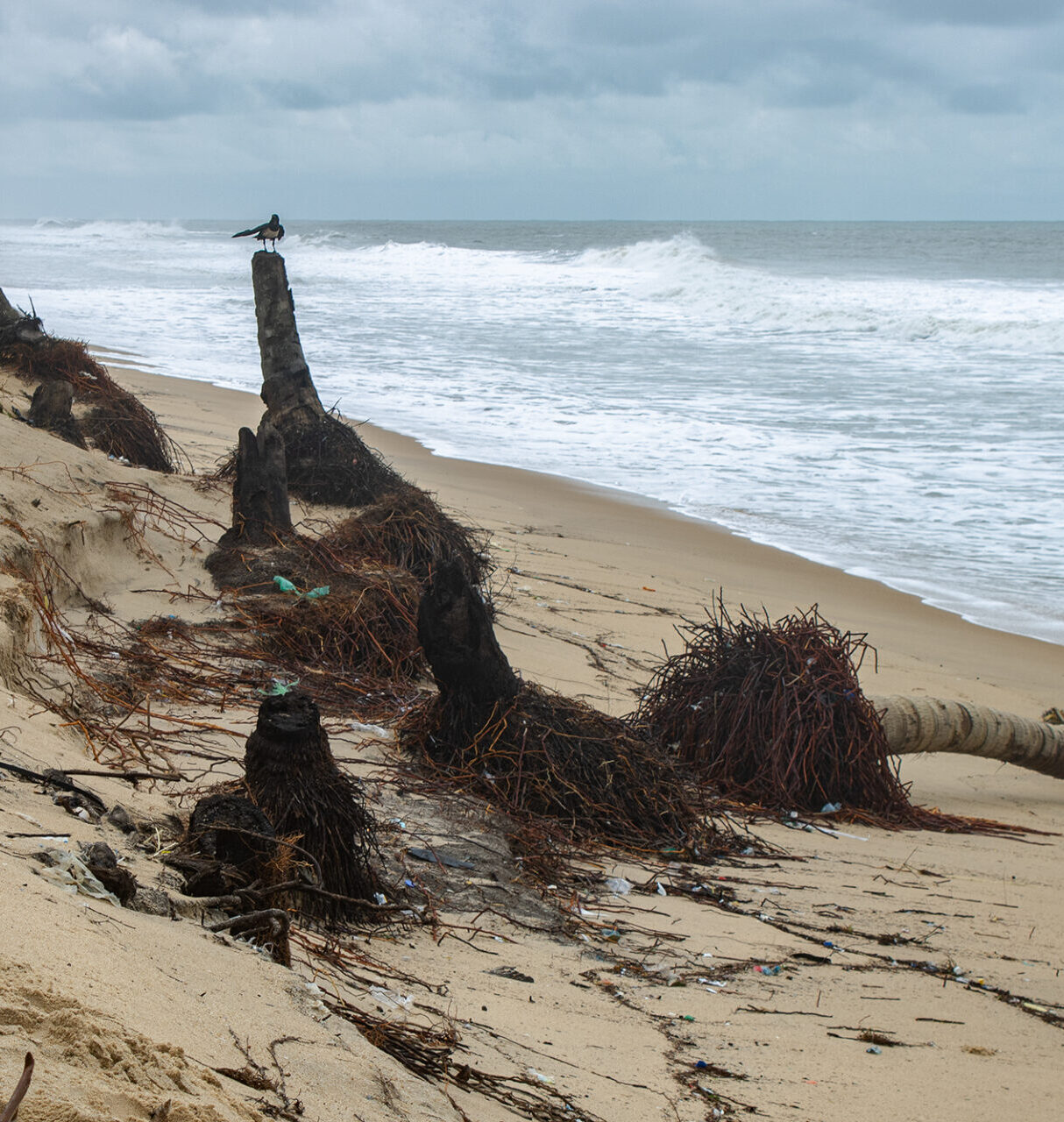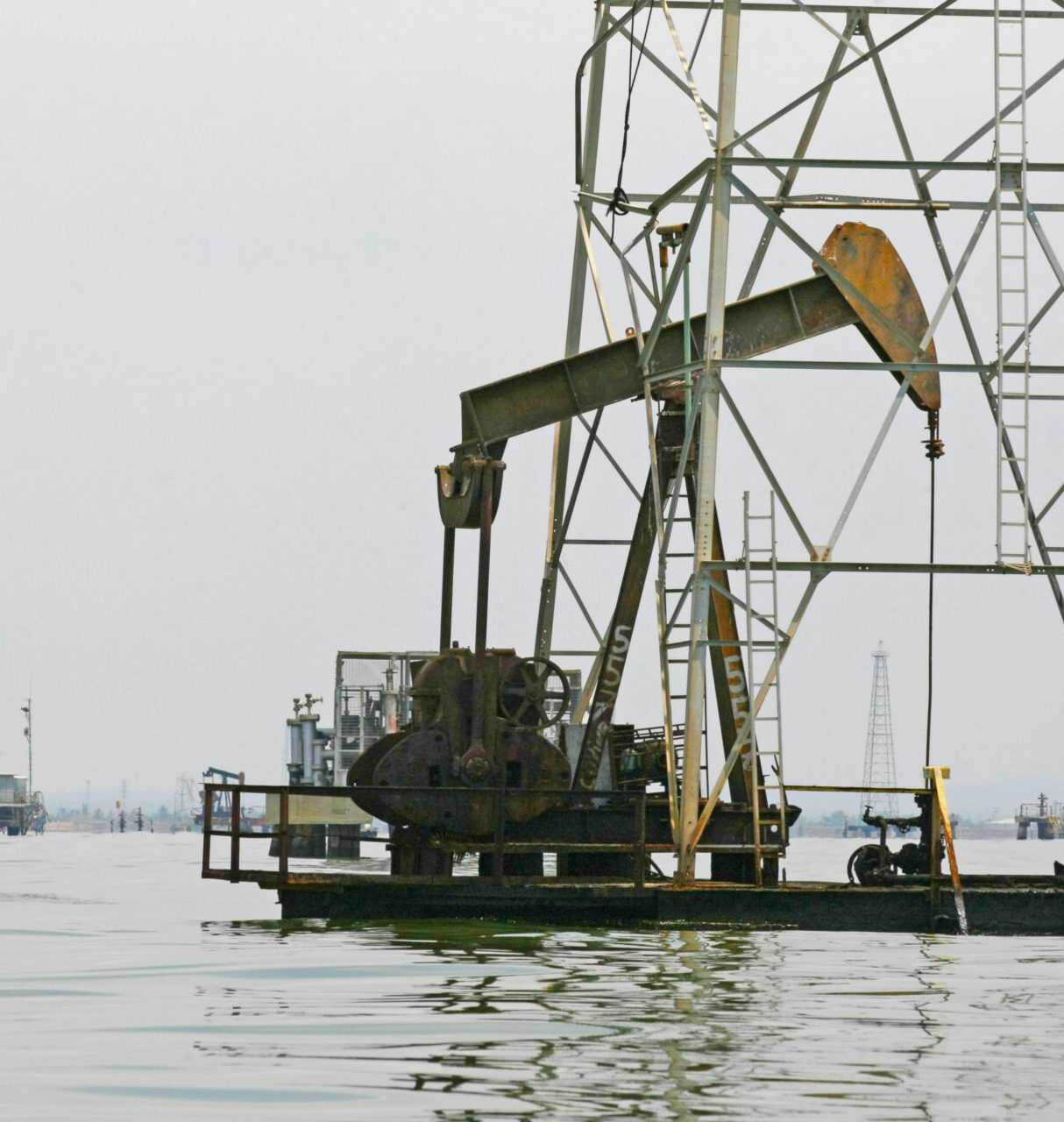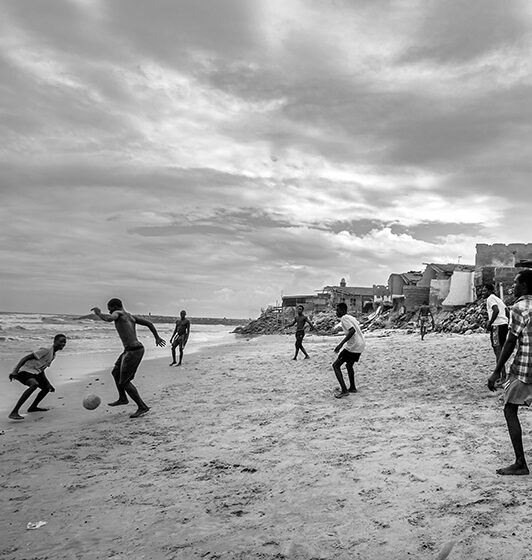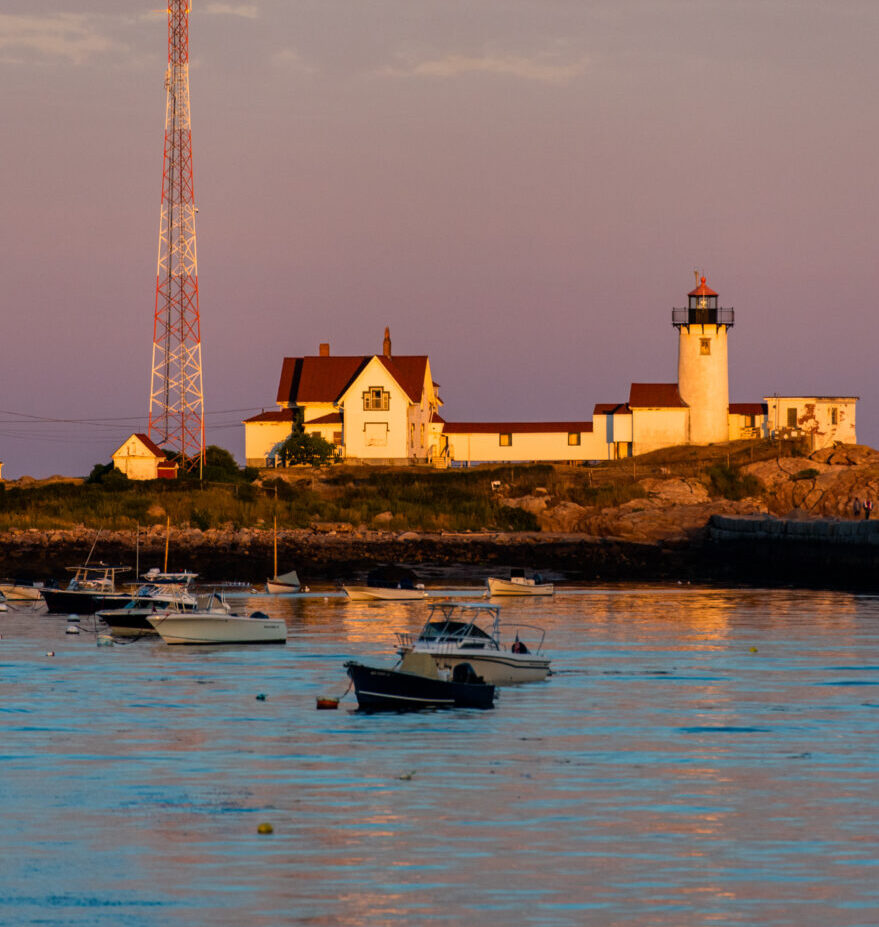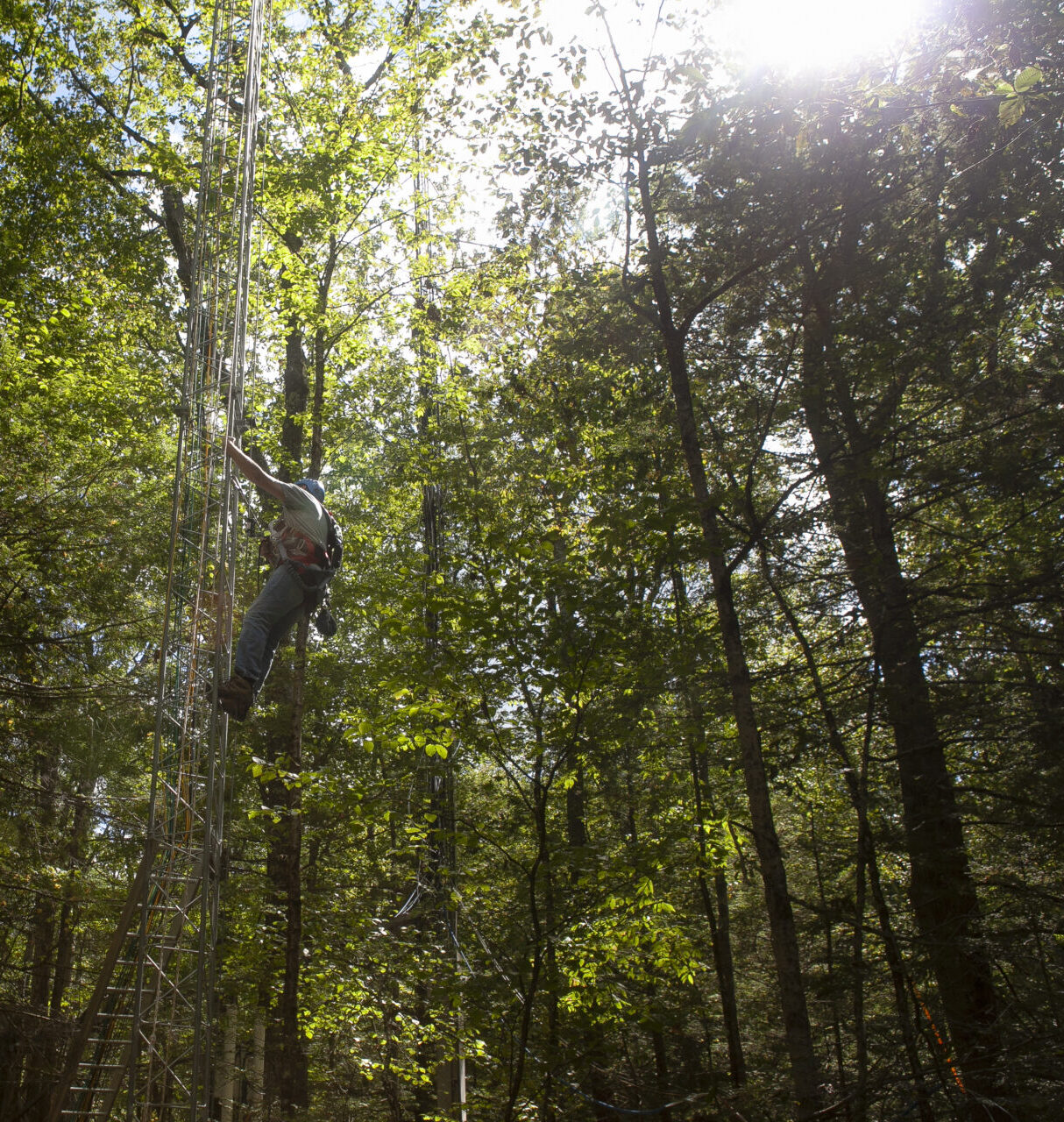SES 5206
Land Use and Environmental Law
Through lectures, discussions, readings, and a written exercise, this course provides students with a working knowledge of land use laws and environmental laws, the institutions that create, implement, and review them, and the issues that swirl around them.
Tue, Sep 3, 2024

